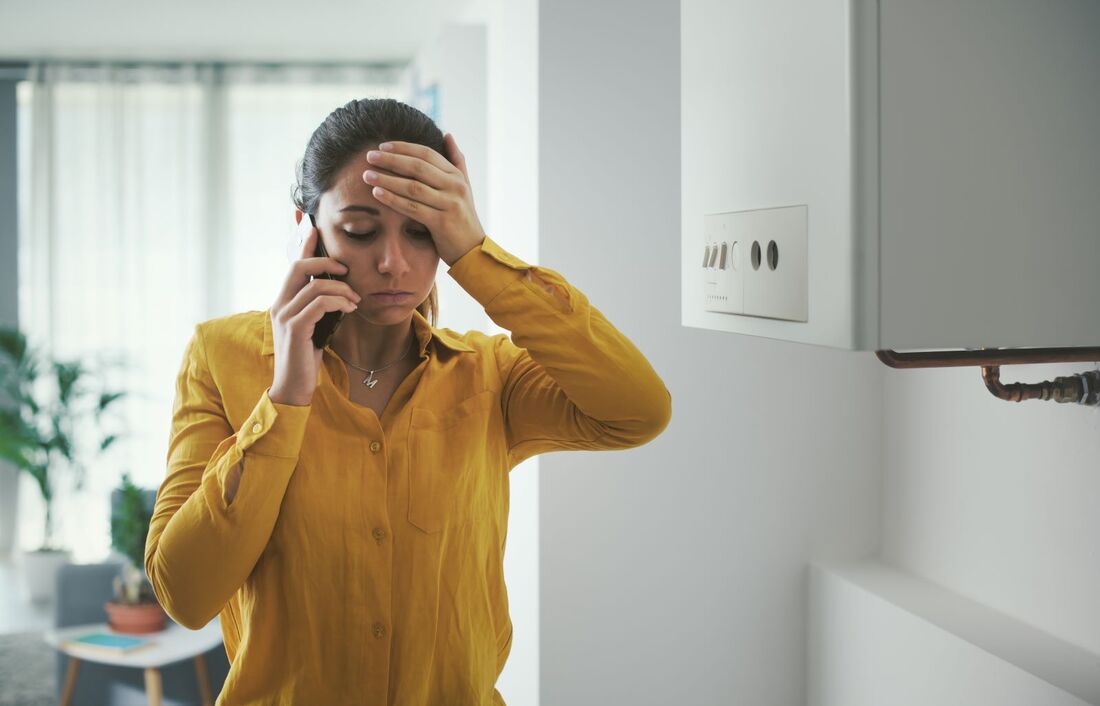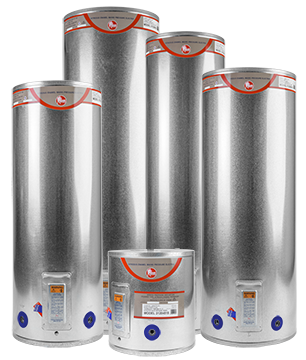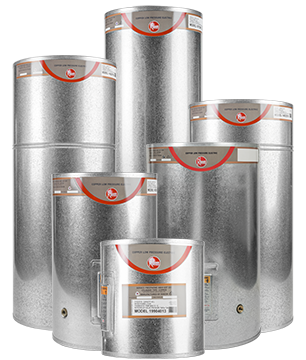|
As a homeowner in Wellington, you may be faced with the decision of choosing between a low-pressure and a mains pressure hot water system. As a plumber in Wellington, we would like to share with you some helpful advice on hot water systems. Understanding the differences between these systems is crucial in order to make an informed decision that best suits your needs. In this article, we will explore the key factors that differentiate low-pressure and mains-pressure hot water systems, the advantages and disadvantages of each, and how to determine which system you currently have in your home. How Water Pressure Affects Your Hot Water SystemWater Pressure plays a significant role in the performance and efficiency of your hot water system. It refers to the force that pushes water through the pipes, measured in kilopascals (kPa). In Wellington, mains pressure water typically delivers water to your house at up to 500 kPa, while a low-pressure hot water cylinder provides water pressure at around 75 kPa. The difference in water pressure between these systems has several implications. Firstly, mains-pressure systems offer a better flow of hot water, faster water heating, and a more consistent flow when multiple showers or taps are in use. On the other hand, low-pressure systems may need help to deliver hot water at a sufficient flow rate, particularly if multiple outlets are being used simultaneously. What is a Low-Pressure Hot Water System?A low-pressure hot water system, also known as an equal-pressure system, delivers water at a lower pressure compared to the mains cold water supply. These systems were commonly installed in older New Zealand homes and are still found in some rural areas. Determining whether your property has a low-pressure system can be done through a few simple checks:
What is a Mains-Pressure Hot Water System?Most modern homes in Wellington, especially those built from the 1990s onward, have mains pressure hot water systems. These systems deliver water at a higher pressure, similar to the mains cold water supply, resulting in a more robust and consistent flow of hot water. Mains pressure hot water cylinders can deliver water pressure of up to 500 kPa, significantly higher than the pressure provided by low-pressure systems. This increased pressure ensures that hot water is delivered to all outlets in the house at the same pressure, regardless of simultaneous usage. The advantages of mains-pressure systems include better shower performance, faster hot water delivery, and compatibility with modern tapware and mixers. Additionally, modern mains-pressure cylinders are often made of stainless steel, allowing for outdoor installation and freeing up space inside the house. Pros and Cons of Low-Pressure and Mains-Pressure SystemsBoth low-pressure and mains-pressure hot water systems have their own set of advantages and disadvantages. It is important to consider these factors when deciding which system is best for your home in Wellington. Low-Pressure Hot Water SystemsPros:
Should You Stay on Low Pressure or Switch to Mains Pressure?Deciding whether to stick with a low-pressure system or upgrade to a mains-pressure system depends on various factors, including your household's needs and preferences. Staying on Low PressureStaying on a low-pressure system may make sense in certain situations:
Upgrading to Mains PressureThere are several reasons why upgrading to a mains-pressure system may be beneficial:
How to Identify Your Hot Water SystemIf you are unsure about the type of hot water system you have in your Wellington home, there are a few methods to determine whether it is a low-pressure or mains-pressure system:
ConclusionChoosing between a low-pressure and a mains-pressure hot water system in your Wellington home is an important decision that can impact your daily comfort and utility bills. Consider factors such as household size, water usage patterns, and future renovations when deciding which system is best for your needs.
Maxey Plumbing & Gas Ltd, a reputable plumber in Wellington, can guide you through the selection process and provide expert installation and maintenance services for Rinnai and Rheem hot water systems. Upgrade your hot water system today and enjoy the benefits of a reliable and efficient hot water supply. Contact Maxey Plumbing & Gas Ltd for a free assessment and personalised recommendations tailored to your home. For a free quote or more information please see our contact information or submit your details below Email - office@maxeyplumbing.co.nz Phone - 04 390 0135 Comments are closed.
|
Need a Plumber?
|


